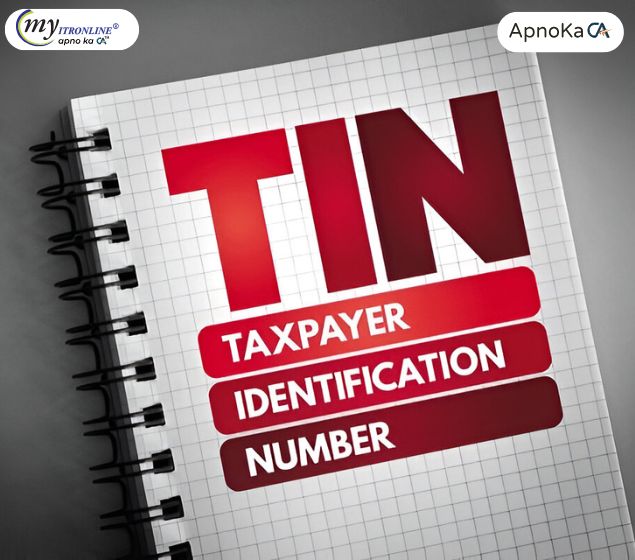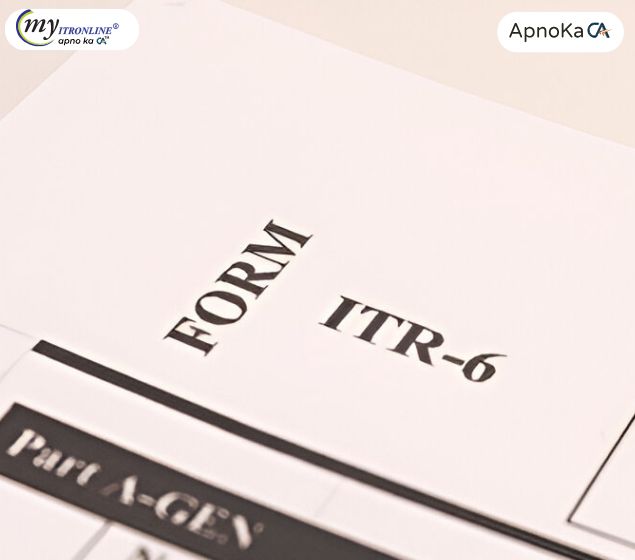# pan
12 posts in `pan` tag

Understanding TIN: Importance, Application, and Verification Explained
This blog explores the crucial role of Tax Identification Numbers (TINs) in global tax systems. It explains what a TIN is, its significance, where and how it is used, how to apply for one, and the ways to verify its authenticity. Designed for individuals and businesses alike, it highlights why accurate TIN usage is vital for efficient tax compliance and administration.

PAN Card Holders Advisory
This blog post informs PAN card holders about the Income Tax Department's warning regarding a 10,000 penalty for specific violations, particularly focusing on the issue of holding multiple PAN cards. It explains the reasons for such violations, the relevant Section 272B of the Income Tax Act, other non-compliances attracting the same penalty, and provides essential guidance on how to prevent these issues and ensure PAN compliance.

CBDT's ITR-Form 6 for AY 2025-26: Implications for Corporate Taxpayers
This blog post provides a detailed examination of the Central Board of Direct Taxes' (CBDT) notification regarding ITR-Form 6 for Assessment Year 2025-26. It clarifies who is required to file this form and highlights the key changes and reporting considerations, including digital assets, transfer pricing, and CSR expenditures. The importance of timely submission and staying informed about the new requirements is also emphasized.

our Guide to the Income Tax Intimation Password (Section 143(1))
This guide explains the purpose of an Income Tax Intimation notice received under Section 143(1) after filing your ITR. It details why the document is password-protected and provides the precise password format: your PAN number in lowercase followed immediately by your Date of Birth in DDMMYYYY format. Learn the step-by-step process to open the encrypted PDF, understand the calculation comparison within, and know what actions to take based on whether it shows a refund, demand, or no change.

The deadline for linking PAN and Aadhaar is now extended to December 31st, 2025
The deadline for linking PAN and Aadhaar has been extended by the Indian government to December 31, 2025, for applications that are filed prior to October 1, 2024. Not adhering to this requirement could lead to the PAN becoming inactive and affect financial transactions.

TDS Rates for FY 2025-26: A Comprehensive Guide by Section with Threshold Limits
Detailed handbook on TDS rates for the financial year 2025-26 addressing Sections 194A (interest income), 194C (contractual payments), 194I (rental payments), 194J (professional services), and 194Q (purchase of goods). Contains information on threshold limits and requirements for PAN.

Linking Aadhaar and PAN: Find Out If This Recent Regulation Impacts You
Comprehensive guide to the latest Aadhaar-PAN linking regulations for PANs obtained through Aadhaar Enrolment ID. Includes compliance obligations, three methods for linking, repercussions of non-compliance, and frequently asked questions for taxpayers.
.jpg)
Pvt Ltd vs LLP vs OPC: The Best Company Registration for Your Startup
Choosing the right company registration is crucial for startups. This blog explores the features, pros, and cons of Pvt Ltd, LLP, and OPC structures, helping entrepreneurs make an informed decision for their business.
.jpg)
OPC Registration's Tax Benefits in India: A Comprehensive Guide for Business Owners
The tax advantages of forming a One Person Company (OPC) in India are examined in this blog. For the fiscal year 2025–2026, it discusses reduced corporation tax rates, the benefits of GST, compliance advantages, and a comparison with other company forms.
.jpg)
e-Way Bill Compliance Made Simple: ENR-03 Advisory for Unregistered Dealers in India
This blog post describes Advisory ENR-03, which makes it easier for unregistered dealers in India to join in e-Way Bills. In order to guarantee the smooth and lawful transportation of products under GST, it covers the enrollment procedure, advantages, and important points.
.jpg)
CBDT’s New Form 49C Rules: Stricter Tax Compliance for Non-Residents in India
Stricter guidelines have been implemented by the Central Board of Direct Taxes (CBDT) for foreign nationals submitting Form 49C in India. Enhancing openness and guaranteeing adherence to tax regulations are the goals of these modifications. Important changes include more stringent penalties for non-compliance, obligatory digital filing, and expanded disclosure requirements. In order to prevent fines and operating delays, non-resident businesses are now required to keep proper records and follow more stringent filing deadlines.
.jpg)
FORM CSR-2 Deadline Extended: What Businesses Need to Know
The FORM CSR-2 filing date has been extended by the Ministry of Corporate Affairs (MCA) to March 31, 2025. This extension ensures openness and adherence to the Companies Act of 2013 by giving businesses more time to meet CSR reporting requirements. Read our in-depth blog to find out more about FORM CSR-2, its significance, and the effects of this expansion.
